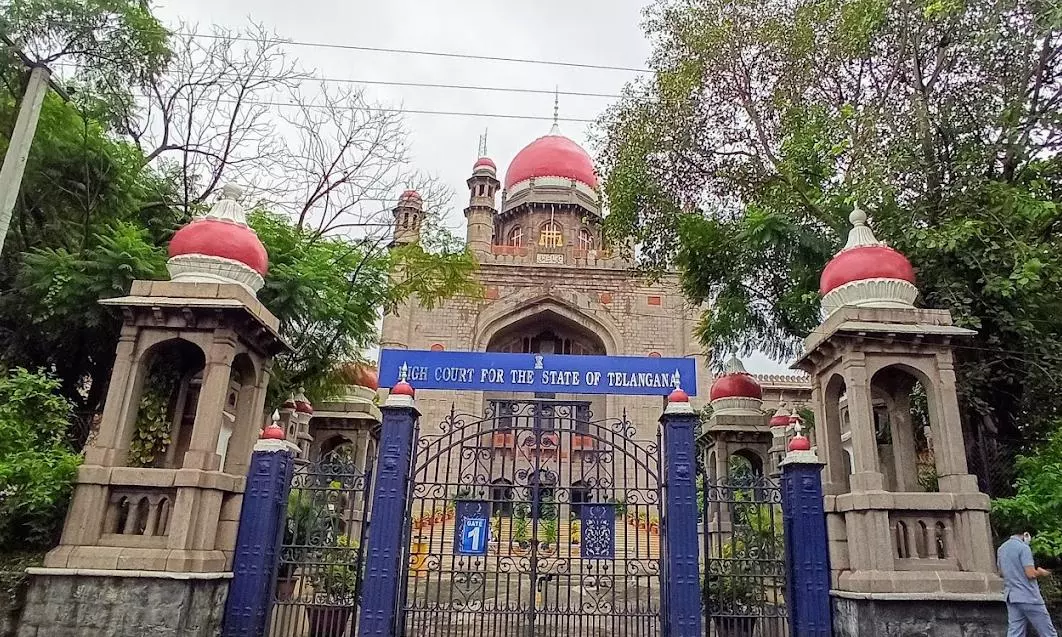Single Judge Order on Ibadat Khana Stayed by Telangana High Court
The panel found that the parameters for moulding the relief required to be judicially reviewed and accordingly posted the matter for final hearing in July

Hyderabad: A division bench of the Telangana High Court on Thursday took on file two writ appeals filed by the erstwhile management of Ibadatkhana e Hussaini, Darulshifa, against an order of a single judge. The bench of acting Chief Justice Sujoy Paul and Justice Renuka Yara stayed a part of the order requiring reconstitution of the management committee of the Ibadatkhana by nominating an equal number of members of the Usooli and Akhbari sects.
Earlier, a writ petition was filed by Anjuman-e-Alavi, a registered society, aggrieved by the alleged inaction of the Waqf Board in giving them equal representation on the managing committee of the Wakf institution. The single judge allowed the writ plea and directed the Waqf Board to forthwith take the institution into “direct management” and “in due process, constitute a managing committee taking equal members from both the sects of Shia Imamia Ithna Ashari community i.e., Akhbari and Usooli, to put a quietus to the litigation once and for all.”
The judge also dismissed the connected review petition.
The petitioner contended that apart from Akhbaris, there were Shia ideologies like Malangis, followers of Taqi Agha, and followers of Abbas Qibla, who were equal in strength to the Akhbaris, though they made up less than 2-3 per cent of Shias. There were many ideologies that come up every few years, and reshaping committees based on new groups that spring up was not a feasible solution, it was stated.
Senior counsel L. Ravichander pointed out that the order of the single judge issuing a direction for reconstitution in a specified manner was not even prayed for. Senior counsel P. Venugopal appearing for the successful writ petitioner pointed out that there was no error and that the single judge was empowered to modify the relief and therefore was not inhibited by the relief sought in the writ petition.
It was further contended by the appellants that the single judge construed the documents in a piecemeal and selective manner, contrary to their true import and the established facts and circumstances of the case. Such an interpretation had resulted in a manifest misappreciation of evidence, leading to a miscarriage of justice, it was stated.
The panel found that the parameters for moulding the relief required to be judicially reviewed and accordingly posted the matter for final hearing in July.

